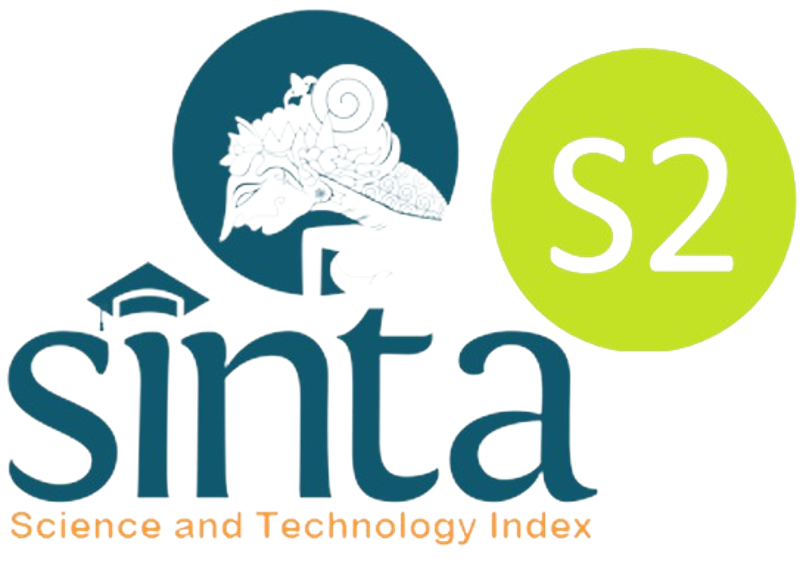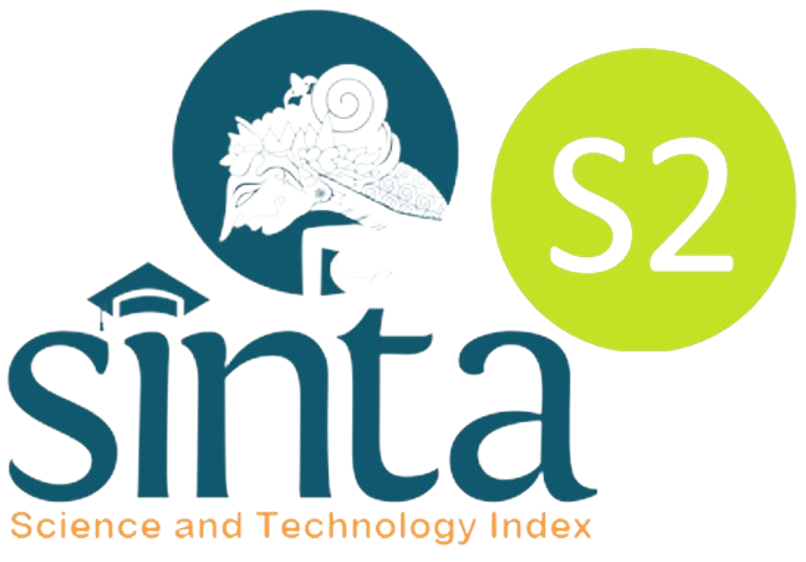Profile of Toulmin’s Scientific Arguments Students and Technological Utilities in Global Warming Topic
DOI:
https://doi.org/10.26740/jpps.v12n1.p85-99Keywords:
Global Warming, Scientific Arguments, Technological UtilitiesAbstract
Research aims to determine the profile of Toulmin’s Scientific Argument on students' and Technological Utilities In Global Warning Topic. This research is a quantitative descriptive study using the observation method. Data is collected through observation, validation, tests, and questionnaires for student responses. The analysis of students' argumentation skills was carried out by observing the learning process and giving a written test conducted in students of senior high school. According to Toulmin, the assessment of students' argumentation skills refers to the measurement of argumentation skills, which includes components of claim, data, warrant, rebuttal, and backing. Based on the results of the study, it can be concluded that the Toulmin’s Scientific Arguments students and Technological Utilities are still relatively low, Toulmin Scientific Arguments students skills are at level 2, dominated by the most claims originating from scientific data/concepts and experience as well as personal observations of the environment and the use of technology in learning is still not optimal to improve Toulmin’s Scientific Arguments Students. Hence, it is necessary to provide innovative learning that can optimally improve Toulmin’s Scientific Arguments.
Downloads
References
Admoko, S., Hanifah, N., Suprapto, N., Hariyono, E., & Madlazim, M. (2021). The implementation of Argument-Driven Inquiry (ADI) learning model to improve scientific argumentation skills of high school students Journal of Physics: Conference Series, 1747, 1-7. http://doi.org/10.1088/1742-6596/1747/1/012046
Faiqoh, N., Khasanah, N., Astuti, L. P., Prayitno, R., & Prayitno, B. A. (2018). Profil keterampilan argumentasi siswa kelas X dan XI MIPA di SMA batik 1 surakarta pada materi keanekaragaman hayati. Jurnal Pendidikan Biologi, 7(3), 174-182. https://doi.org/10.24114/jpb.v7i3.10122
Handayani, P., Murtiati, M., & Sardianto, S. (2015). Analisis argumentasi peserta didik kelas X SMA muhammadiyah 1 palembang dengan menggunakan model argumentasi toulmin. Jurnal Inovasi dan Pembelajaran Fisika, 2(1), 60-69. https://doi.org/10.36706/jipf.v2i1.2355
Jannah, N., Farlina, A., & Sari, N. (2020). Religiusitas siswa dan sikap siswa pada mata pelajaran fisika. SPEKTRA: Jurnal Kajian Pendidikan Sains, 6(1), 1-15. https://doi.org/10.32699/spektra.v6i1.125
Osborne, J. (2017). Arguing to learn in science: The role of collaborative, critical discourse Science. Science, 328(5977), 463-466. http://dx.doi.org/10.1126/science.1183944
Riwayani, R., Perdana, R., Sari, R., Jumadi, J., & Kuswanto, H. (2019). Analisis kemampuan argumentasi ilmiah siswa pada materi optik: problem based learning berbantuan edu-media simulation. Jurnal Inovasi Pendidikan IPA, 5(1), 45-53. http://dx.doi.org/10.21831/jipi.v5i1.22548
Sugiyono, S. (2017). Metode penelitian kuantitatif, kualitatif, dan R&D. Bandung: Alfabeta.
Yerimadesi, Y., Bayharti, B., Azizah, A., Lufri, L., Andromeda, A., & Guspatni, G. (2019). Effectiveness of acid-base modules based on guided discovery learning for increasing critical thinking skills and learning outcomes of senior high school student. Journal of Physics: Conference Series, 1185(1), 1-7. http://dx.doi.org/10.1088/1742-6596/1185/1/012151
Downloads
Published
How to Cite
Issue
Section
License
Copyright (c) 2022 JPPS (Jurnal Penelitian Pendidikan Sains)

This work is licensed under a Creative Commons Attribution-ShareAlike 4.0 International License.
 Abstract views: 391
,
Abstract views: 391
, PDF Downloads: 358
PDF Downloads: 358












